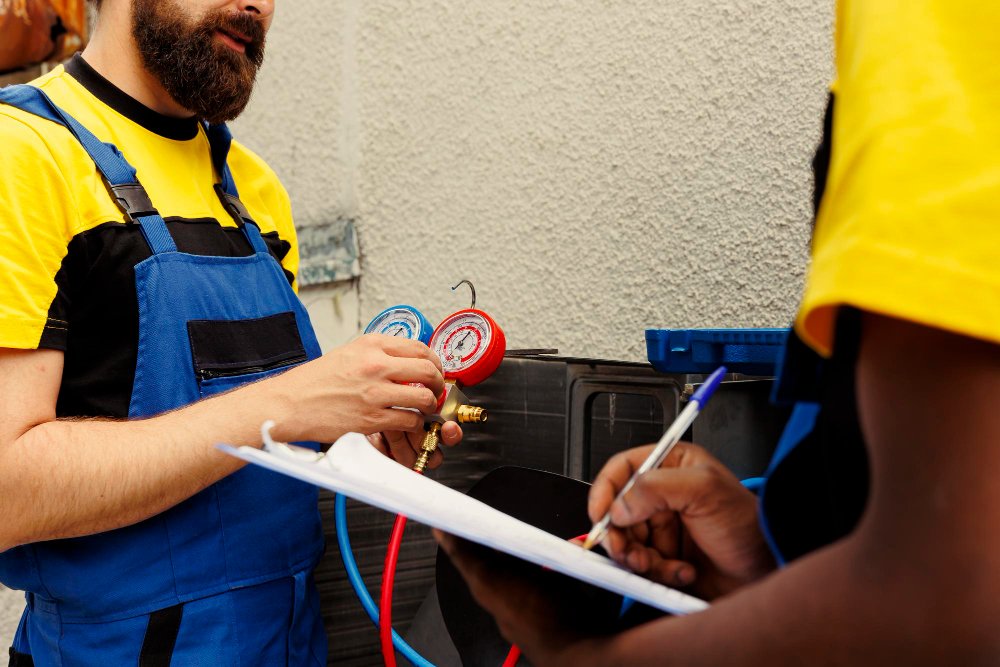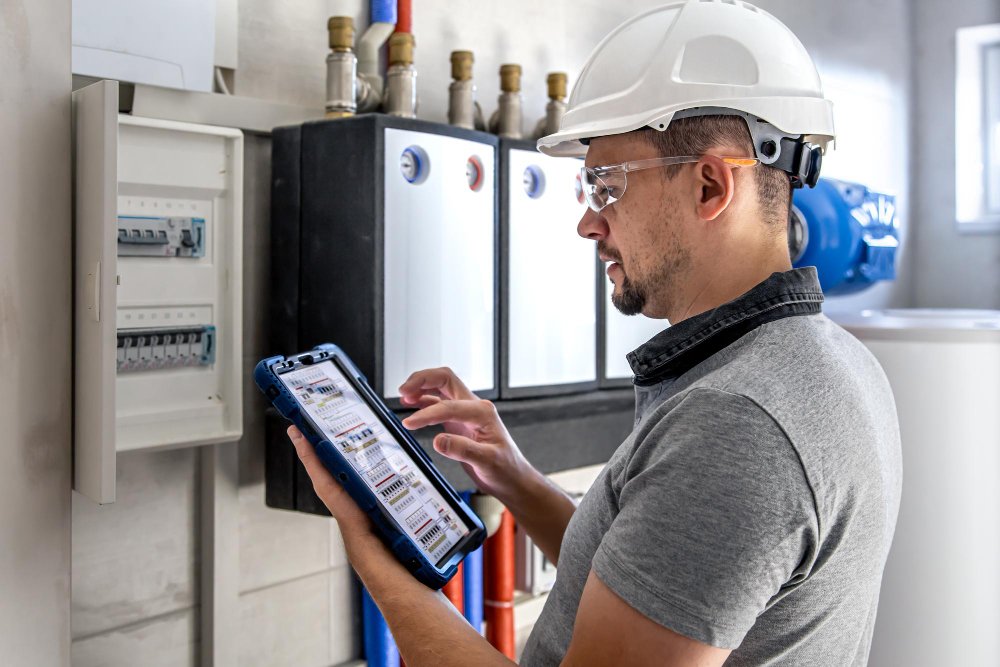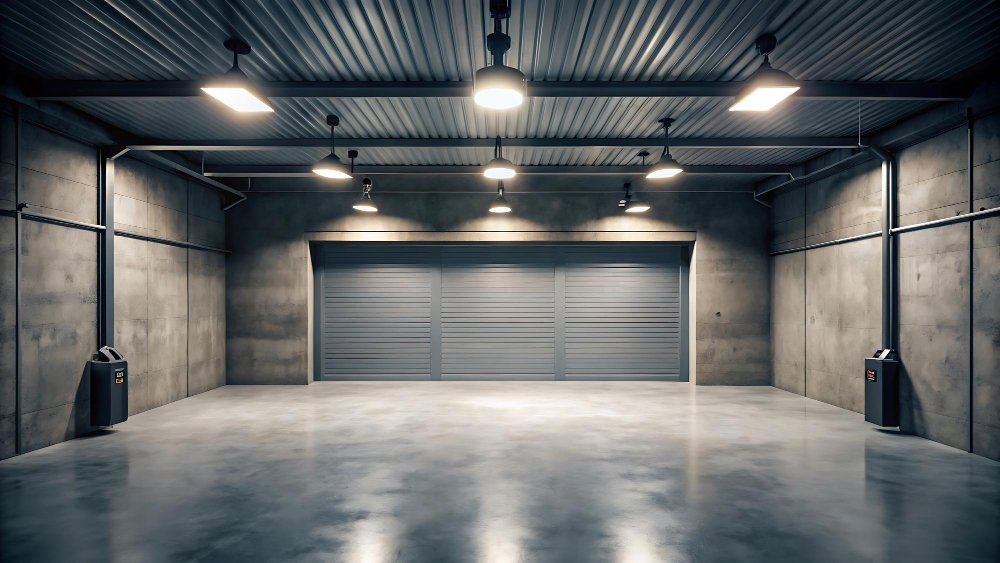Few home systems work harder than your water heater. From showers to laundry, it quietly keeps life running smoothly—until it doesn’t. Knowing when to replace your unit before it fails can save you money, time, and a major headache.
If you’ve started searching for a hot water heater replacement near me, it’s likely because your system is showing symptoms of wear. Here are seven clear warning signs that it’s time to schedule a professional inspection and upgrade your home’s hot water system.
1. Your Water Heater Is Over a Decade Old
The typical water heater lasts eight to twelve years, depending on brand and maintenance. Once it passes that threshold, corrosion, mineral buildup, and fatigue begin to set in. Older tanks lose efficiency and take longer to heat water, driving up energy costs.
If your unit was installed more than ten years ago, it’s wise to plan a replacement before a sudden failure leaves you without hot water.
2. Rusty or Discolored Water
When hot water begins to appear brown, orange, or rust-tinted, corrosion has likely reached the inside of the tank. While this can sometimes be caused by old plumbing, discoloration that happens only when using hot water usually means the heater is rusting inside.
This rust can eventually lead to leaks or contaminated water. Replacing the unit promptly ensures safe, clean water and avoids costly damage to nearby flooring or drywall.

3. Strange Noises Coming from the Tank
As sediment builds up at the bottom of a water heater, it hardens when reheated, producing banging, popping, or rumbling sounds. These noises aren’t just annoying—they indicate your heater is working overtime to heat through the mineral layer.
That extra strain shortens the heater’s life and reduces efficiency. Flushing the tank every year helps, but if the problem continues, it’s time to consider a hot water heater replacement near me.
4. Leaks or Moisture Around the Unit
Any sign of water pooling near the base of your water heater deserves immediate attention. Small leaks can start as pinholes caused by corrosion but may quickly expand under pressure. Left unchecked, they can flood surrounding areas or cause mold.
Even a few drops mean the tank’s integrity is compromised. Replacing it now prevents more extensive water damage later.
5. Inconsistent or Insufficient Hot Water
If your showers turn cold halfway through or your kitchen tap can’t stay hot, your system is struggling. Heating elements or gas burners wear down over time, and sediment buildup reduces water capacity.
Many homeowners notice a slow decline that suddenly worsens. Upgrading to a new model ensures consistent, reliable hot water for every task.
6. Rising Energy Bills
An inefficient water heater must work longer and harder to produce the same amount of hot water. That wasted energy shows up on your utility bill.
Modern heaters—especially hybrid and tankless systems—are designed to be far more efficient. Replacing an outdated model can cut water-heating costs by 20–30% each year. Compared to ongoing repair costs, a new installation often pays for itself within a few years.
7. Frequent Repairs or Parts Replacement
If you’ve had to call for repairs more often or replaced parts like thermostats, heating elements, or valves multiple times, your heater is reaching the end of its life.
Continuing to fix an aging system often costs more than installing a new one. A modern replacement gives you better warranties and peace of mind that your daily hot-water needs will be met without interruption.
Understanding What Causes Premature Failure
Several factors can speed up wear on a water heater. Hard water deposits calcium and magnesium inside the tank, reducing efficiency. Improper installation can restrict airflow or pressure, putting stress on components. Even minor leaks left untreated can corrode metal fittings.
By fixing these problems early—or choosing a timely replacement—you can avoid sudden breakdowns that often happen at the worst possible moment.
7 Signs It’s Time for a Hot Water Heater Replacement Near You
How Much Does It Cost to Finish a Garage: Luxury Garages for the Modern Homeowner
More Than Just Extra Space: How One Addition Changed Everything
Is Your Siding Sending the Wrong Message? How Siding Remodeling Can Fix It
7 Design Principles for the Perfect Custom Kitchen Pantry
Refined & Rapid: The New Standard in Fast Kitchen Remodels
Custom Cabinetry: Elevate Your Home with Tailored Upgrades
Upgrade Your Home with Parkay Floor: A Modern Take on Classic Design
Cement Siding: Expert Tips for a Durable and Stylish Exterior
Granite Canvas: Innovative Designs for Modern Upgrades
One Day Bathroom Remodel: Fast and Efficient Renovations
Before and After: 5 Stunning Home Renovation Transformations
Choosing the Right Replacement System
Once you know your system is failing, the next step is choosing the right replacement. Homeowners looking for a hot water heater replacement near me often compare three main options:
- Conventional storage heaters – Affordable upfront but less efficient; best for predictable water-use patterns.
- Tankless (on-demand) heaters – Heat water only when needed, providing endless hot water and saving energy.
- Hybrid or heat-pump systems – Use surrounding air to heat water efficiently; ideal for mild climates like California.
Each option has advantages depending on your home’s layout, number of occupants, and fuel source. A qualified professional can ensure proper sizing, venting, and code compliance for best performance.
Why Professional Installation Matters
Water heaters involve electricity, gas, and pressurized water—three things that require expert handling. Professional installation ensures all safety valves, vents, and temperature controls meet building codes and keeps your warranty valid.
DIY installation often leads to leaks, inefficient operation, or even fire hazards. For safe, guaranteed results, contact a trusted local plumbing and HVAC company with experience in Sacramento and Bay Area homes.
Preventing Future Problems with Maintenance
After your new system is installed, regular maintenance keeps it running efficiently. Tasks like flushing sediment, checking the anode rod, and adjusting temperature settings extend the life of your heater and reduce energy use.
Scheduling an annual inspection helps catch small issues before they become costly repairs.
Planning Ahead: Budgeting and Rebates
Replacing a water heater can feel like an unexpected expense, but smart planning makes it manageable. Depending on the system type, installation usually costs between $1,200 and $3,500.
Many California homeowners qualify for state and utility rebates when upgrading to high-efficiency models. Ask your installer about available incentives and financing options to make your project more affordable.
Peace of Mind Through Proactive Replacement
Waiting until your heater fails completely can leave you scrambling for emergency service and paying higher costs. Replacing it proactively—when you first see the signs—lets you control the timing, product choice, and budget.
Think of it as preventive maintenance for your home’s comfort system. Investing in a timely hot water heater replacement near me ensures consistent performance, lower energy bills, and long-term reliability.
Final Thoughts
Ignoring the early warning signs of a failing water heater can lead to cold showers, costly leaks, and frustration. By recognizing the symptoms early, you’ll know when to take action.
When it’s time to upgrade, choose an energy-efficient system and hire skilled technicians who install it properly. Your family deserves dependable, safe, and efficient hot water every day.












